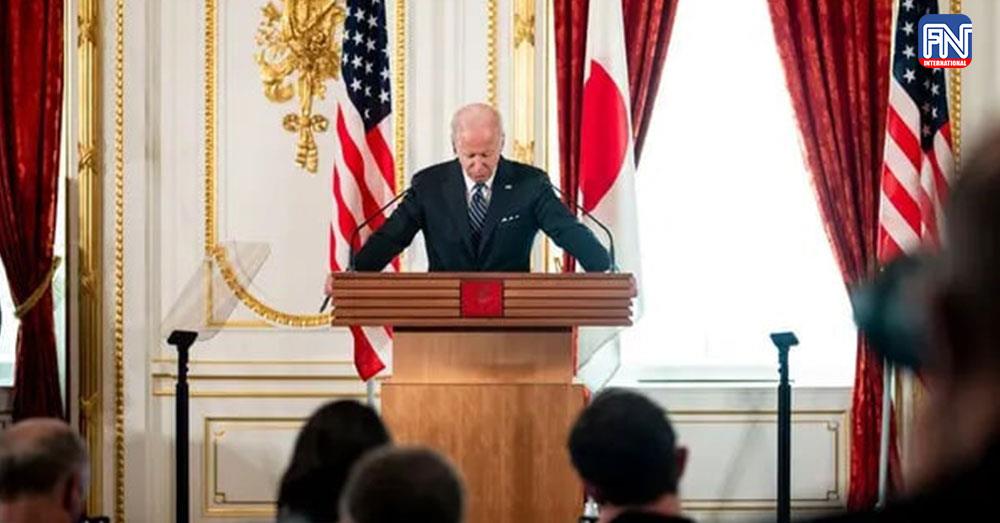TOKYO, May 23 (Reuters) - U.S. President Joe Biden said on Monday he would be willing to use force to defend Taiwan, rallying support on his first trip to Asia since taking office for U.S. opposition to China's growing assertiveness across the region.
Biden's comments appeared to be a departure from existing U.S. policy of so-called strategic ambiguity on its position on the self-governed island that China considers its territory and says is the most sensitive and important issue in its ties with the United States.
When asked by a reporter in Tokyo if the United States would defend Taiwan if it were attacked by China, the president answered: "Yes."
"That's the commitment we made ... We agree with a one-China policy. We've signed on to it and all the intended agreements made from there. But the idea that, that it can be taken by force, just taken by force, is just not, is just not appropriate."
He added that it was his expectation that such an event would not happen or be attempted.
While Washington is required by law to provide Taiwan with the means to defend itself, it has long followed a policy of "strategic ambiguity" on whether it would intervene militarily to protect Taiwan in the event of a Chinese attack.
Biden made a similar comment about defending Taiwan in October. At that time, a White House spokesperson said Biden was not announcing any change in U.S. policy.


